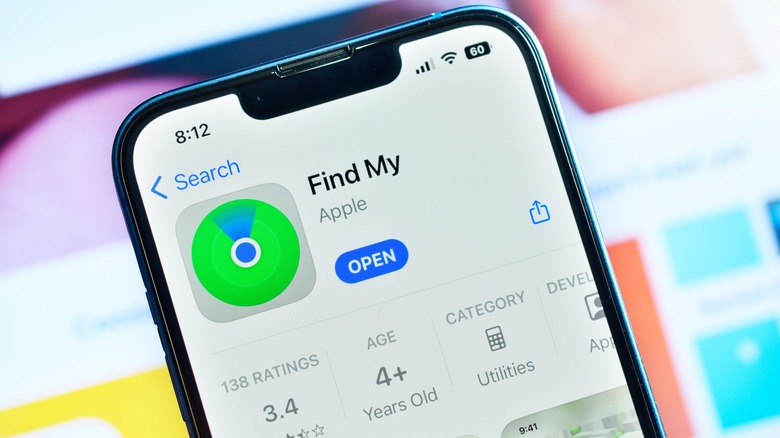Travel Guides International
Nicole Findlay
A smartphone is a modern-day necessity. Providing instant access to emails, texts, contact information, maps, bank details, and photos — it’s become a necessary companion in everyday life, especially when traveling abroad. Google Translate helps travelers communicate in foreign languages. A digital wallet lets customers to pay by phone, allowing them to keep wallets safely hidden. And mapping apps help visitors find banks, restaurants, hotels, and more in unfamiliar locations. So, what do you do if you lose this vital tool while traveling abroad?
First, taking proper precautions to safeguard smartphones before traveling is essential. Precautions put travelers in a better position if they do, unfortunately, lose their ever-important smartphone. Next, don’t panic. While there are some tips to deter pickpockets, a lost or stolen smartphone is sometimes unavoidable. The most important thing is to act fast. The quicker an individual takes action, the less time thieves have to do serious damage.
Precautions to take before losing a smartphone

Funstock/Shutterstock
Using a smartphone overseas has so many benefits. It’s practically a lifeline when exploring new places. That being said, there are several things travelers can do to put themselves in the best possible position if their smartphone does indeed get lost or stolen. The most important of these tips is to print out every travel reservation, confirmation, and itinerary. Even if there’s no lost or stolen smartphone, this can be a lifesaver. Yes, it’s old-fashioned, but phone batteries die, Wi-Fi fails, and service can be spotty.
More handy tips include ensuring the smartphone screen lock and Find My Phone/Device features are enabled. If a smartphone does indeed get stolen, the last thing any traveler needs is for the thief to gain easy access to critical personal information. And for even further protection, add two-factor authentication to important apps, especially for bank accounts and credit card apps. The extra step is annoying when attempting to quickly determine if there’s enough money in an account to splurge on a must-have new leather jacket. Still, a slight annoyance is well worth the effort if it deters a potential thief from accessing personal financial details.
Lost your smartphone? This is what you need to do

Sturti/Getty Images
The first thing to do after losing a smartphone is to call it. Who knows? Maybe a misplaced phone found an exemplary citizen who will happily return it to its owner. If so — the problem is solved. If not, try the Find My Phone/Device feature. This can be tricky to do without your phone, so try borrowing a phone, tablet, or logging into a computer from a hotel’s business center. After signing into icloud.com (for iPhones) or through the Google browser (Android users), see if the missing phone can be located. Maybe it’s resting on a park bench, still sitting on a bistro table, or at a recently visited museum’s lost and found desk. If the smartphone can’t be found, consider putting it in Lost Mode or erasing the contents of the phone completely.
Next, report the stolen smartphone to the cellular provider and file a police report. And keep a close eye on bank accounts and credit card balances. If a thief was able to access these accounts, there’s a chance money might be missing. The good news is that although losing a smartphone while traveling abroad can be equally frustrating and terrifying, all data from the stolen smartphone can be restored onto a new device. That is, as long as a backup was enabled on the initial phone before the contents were erased.

